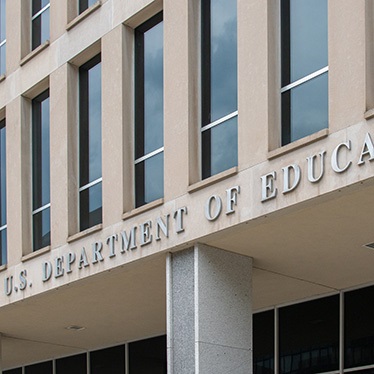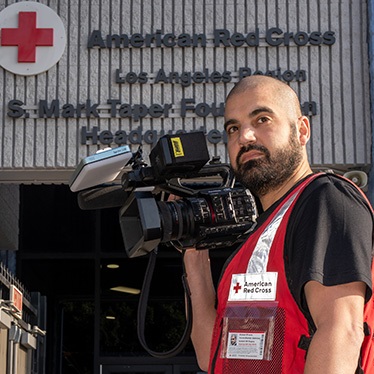Winders Served on Panel Advising FAA Policy on Small, Unmanned Aircraft Systems
October 25, 2021
Professor Jamie Winders was one of five panelists on a Congressionally mandated report exploring the policies and procedures related to the registration of small unmanned aircraft systems (UAS).
This past August, a passenger airplane at Chicago’s O’Hare International Airport struck a drone during takeoff, adding to the growing list of incidents in which commercial planes have been endangered by unmanned aircraft systems (UAS).
The incident highlighted the importance of Federal Aviation Administration (FAA) policy regarding the use of UAS, which continue to proliferate as advancements in technology make them more affordable for consumers.
“There are now approximately five times the number of UAS
than there are piloted aircraft. That is a massive change for a federal agency
to deal with,” says Jamie Winders, director of Syracuse University’s Autonomous
Systems Policy Institute (ASPI) and professor of geography and the environment
at the Maxwell School.
“Most people flying drones haven’t gone to flight school.”
Jamie Winders
Director, Autonomous Systems Policy Institute and Professor, Geography and the Environment
Winders was one of five panelists on a Congressionally mandated report exploring the policies and procedures related to the registration of small UAS. The report, released in August 2021, was conducted by the National Academy of Public Administration as an independent audit of the FAA’s registration policies for small (under 55 pounds) unmanned aircraft. The report is intended to guide policy decisions regarding the registration and regulation of UAS.
“The challenge for the FAA is to integrate the regulation and management of small UAS into an organizational structure built around piloted aircraft,” she says. “This report was an attempt to look at how the FAA can successfully integrate this new form of aircraft into the national airspace in a way that doesn't jeopardize the safety of piloted aircraft or people on the ground.”
That’s just the sort of question studied at ASPI. “We’re seeing rapid technological innovation in autonomous systems that fly, drive or go under water,” Winders says. “We look at the societal impacts to critically shape policy and governance frameworks for these technologies.”
As an expert in this area, Winders says her contribution was to help the panel think about and understand how drones are perceived by the people using them and how that differs from the ways the FAA sees these technologies.
“There’s a disconnect between the way the FAA views drones—essentially the same as a 747—and the public perception of the hobbyist. The report signals that disjuncture and the need for significant public education to make sure that the people who are using these technologies understand the risks that they pose, as well as the regulations that guide their use,” says Winders. “Most people flying drones haven’t gone to flight school.”
By Renée Gearhart Levy
Published in the Winter 2022 issue of the Maxwell Perspective
Related News
School News

Mar 13, 2025
Commentary

Mar 13, 2025
School News

Mar 12, 2025

